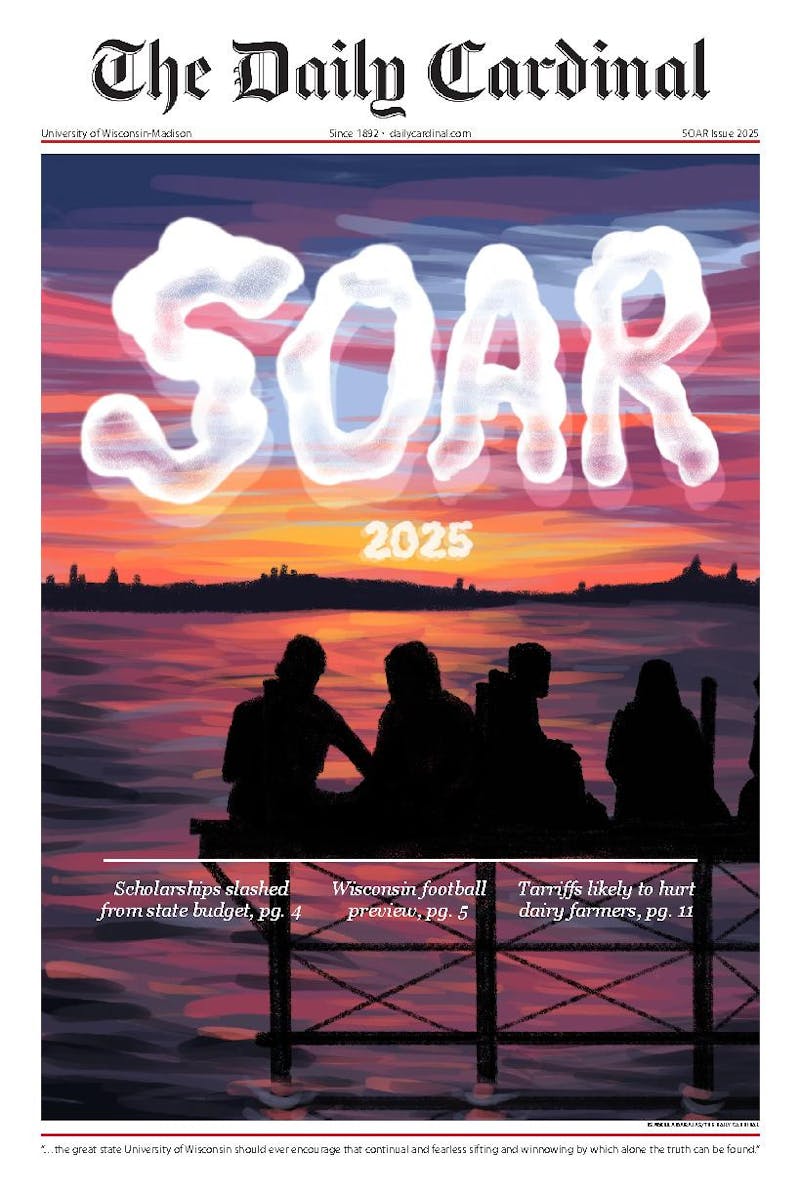UW-Madison’s Chican@/Latin@ Studies Department hosted a public event to analyze the election results and discuss its future implications.
The panelists discussed different aspects of the election result for an hour. Afterward, the public was invited to ask questions and share their general comments.
Armando Ibarra, associate professor in the department, shared his personal experiences with deportation from his childhood. According to Ibarra, Latin@ students suspected of being undocumented were questioned and some were deported. Among this group was his sister, who was later released.
“I think we have a fractured social movement which, if it is fractured, I don’t think I can call a social movement anymore,” Ibarra said.
Carolina Sarmiento, assistant professor in the Department of Civil Society and Community Studies in the School of Human Ecology, stressed that some of Trump’s promises come from what the Obama administration has put in place. According to Sarmiento, Obama deported three million undocumented citizens and Trump also seeks to deport the same number.
“It is important to recognize our community has been under attack for a long, long time,” Sarmiento said.
Sarmiento stressed the importance of alternative media in voicing Latin@ concerns about the rising violence against minorities since the election outcome to the mainstream.
“We are that alternative voice,” Sarmiento said.
Patrick Barrett, faculty associate of the Chican@/Latin@ Studies Program, took an analytical approach. Barrett made a comparison of election day, Nov. 8, to the significance of 9/11. Barrett stated that many voters were not voting out of genuine support, but of preference of one candidate over another. According to Barrett, many voters overlooked the candidates’ deal breakers.
“It’s not about good guys and bad guys. It’s the system. That’s the culprit,” Barrett said.






